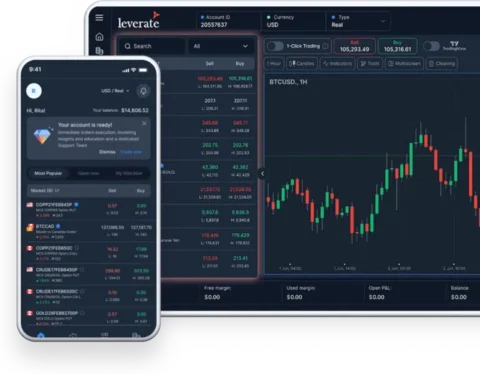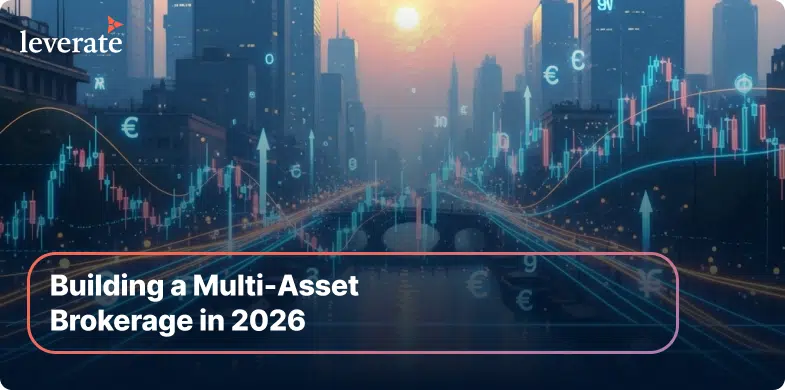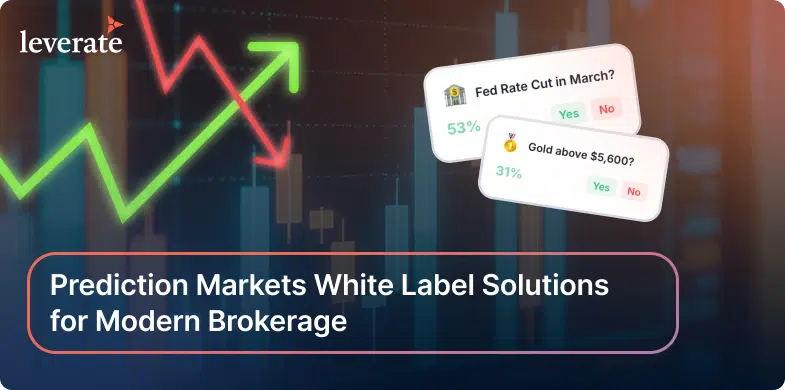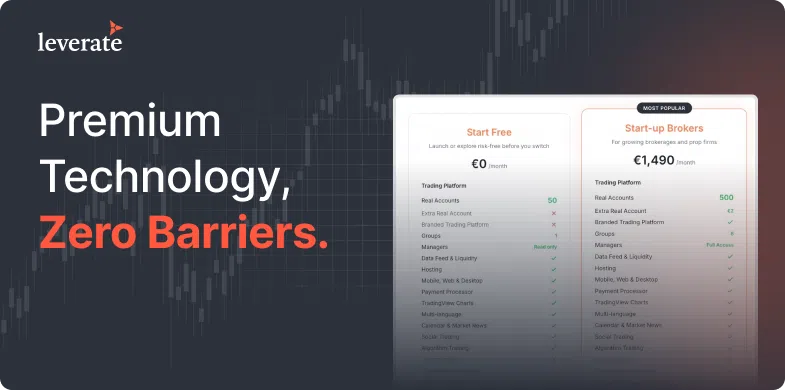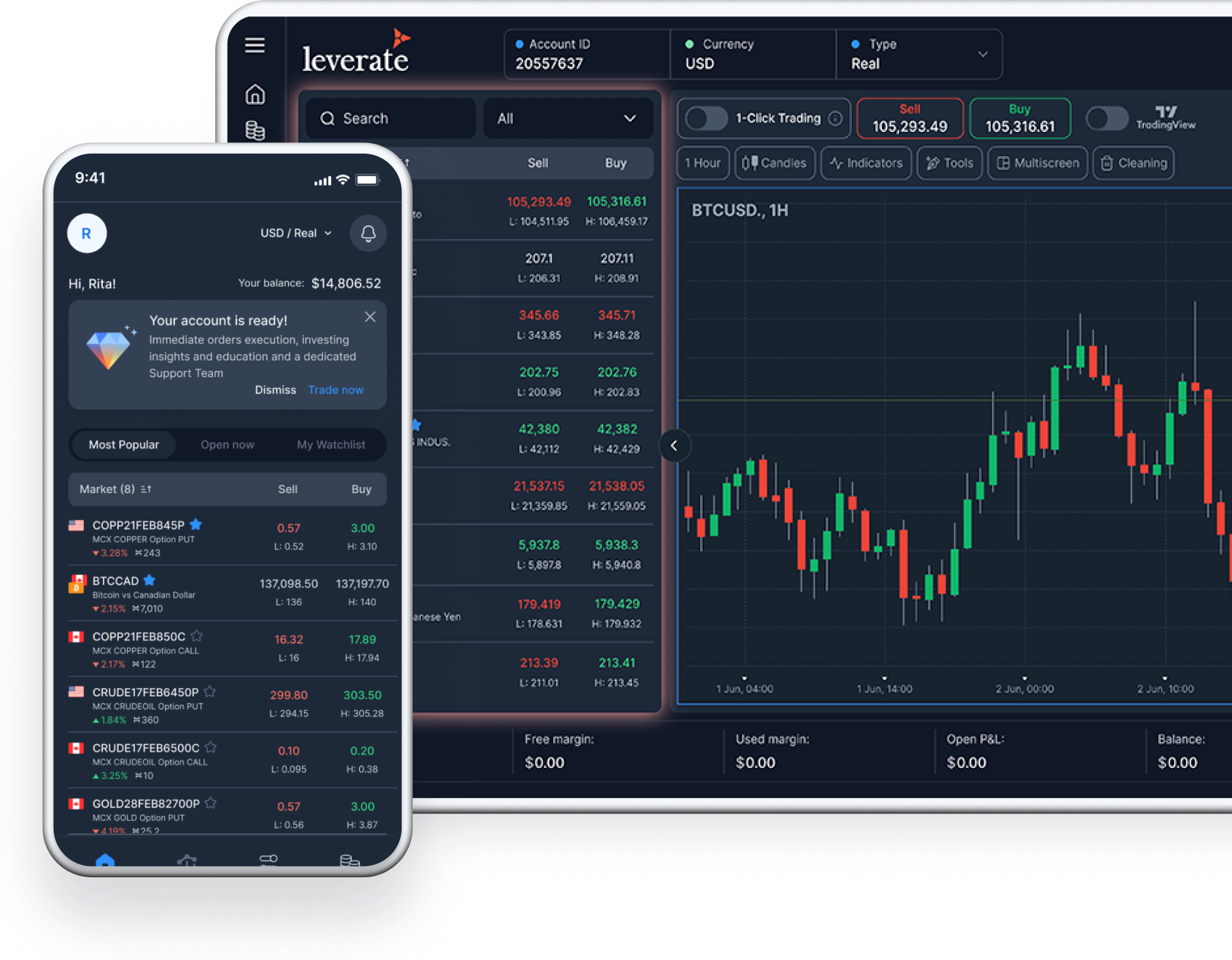
Limassol, Cyprus has been a major center for retail FX/CFD Brokers for many years. In the early days of online trading, it became mandatory for brokers to have some kind of license from a regulated body to do business in established jurisdictions. For example, almost every country in Europe had governing bodies to facilitate licensing and deal with issues concerning financial entities.
The Cyprus Securities and Exchange Commission (CySEC) was set up in 2001 to do just that, within Cyprus. When Cyprus joined the European Union in 2004, CySEC fell under the Markets in Financial Instruments Directive (MiFID) regulations. This basically meant that any financial firm with a CySEC license had access to the entirety of the European Union, as it still does today.
The advantages to an FX/CFD Broker at the time were numerous. The capital requirements to open a brokerage were much lower than in other jurisdictions like the UK or Switzerland, as were operating expenses like rent and staff. Corporation tax in Cyprus is much lower as well. An added bonus was the weather which was hard to beat when, up until then, financial institutions were usually found in London, Frankfurt or Zurich.
The Full License
The full license is the equivalent of a B-Book forex broker or a market maker. Firms with a Full License are able to process customers’ open positions internally by acting as a counterparty to their trades. Basically, clients will be trading directly with the FX/CFD/Crypto broker, which ensures that there is more liquidity. Traders can then execute orders and are guaranteed that fills will be met even when market liquidity might be low.
The minimum capital requirement for this type of license is €730,000.
The Standard License
This is a license for A-Book brokers who use the Straight-Through-Processing (STP) of orders to a liquidity provider. The minimum capital requirement for this license is less than that of the Full License at €125,000 but the substance requirements would be the same as that of the Full License.
In either case, the Full or Standard license, a Cyprus company must be registered first, and then a Cyprus Investment Firm License (CIF) must be obtained. With this, a corporate bank account is opened securing a place to hold the mandatory capital requirement.
As well, a physical office is required within Cyprus and at least three directors must be resident in Cyrpus with a fourth director located domestically or abroad. The FX/CFD/Crypto Broker must Ensure qualified personnel are employed, including AML officers, compliance officers, risk managers, and auditors.
Licensed or Unlicensed
Up until this year, the industry saw myriad brokers popping up like mushrooms in jurisdictions like Saint Vincent and the Grenadines, Saint Kitts and Nevis, and many other unregulated zones. These far-off countries, and their respective financial service authorities, offered “exemptions” from holding a proper regulated broker’s license. This was a favourable situation for many small brokers as the cost of starting up a brokerage firm was reduced dramatically.
The clientele of these brokers was generally not bothered one way or the other but many other market participants were bothered: namely the banks, electronic money institutions and payment service providers. Basically, this group of financial service providers are no longer accepting brokers without some form of real license. This has made the CySEC license grow in popularity as it combines the benefits of lower cost and speed of acquisition compared to the UK´s FCA license and the credibility to obtain corporate bank accounts, segregated client fund bank accounts, payment service provision, and payment agent status.
Overview
Many multi-asset brokers feel that the CySEC license is more favourable to them as they have access to the entire European market. The license may not carry the prestige of the UK’s FCA license but it is certainly considered to be in a higher category than most offshore jurisdictions.
One major advantage that the CySEC License brings to the table over the FCA license is the ability to offer Cryptocurrency CFDs to its clientele, at extra cost in the application stage. Trading of Crypto CFDs is not allowed under the FCA.






